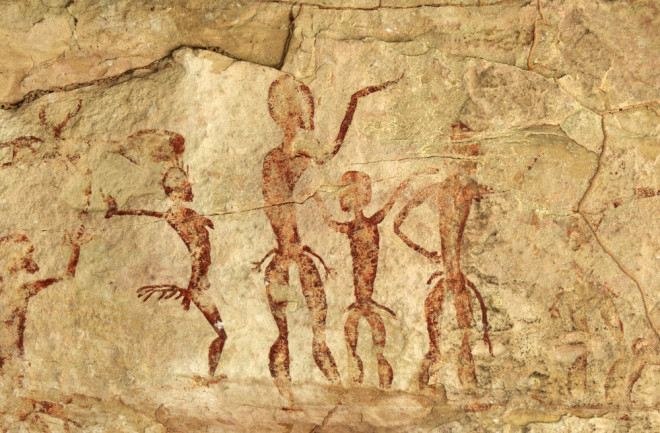Language gave humans a leg up compared to all other species. By working together outside of the family unit through communication, we were able to hunt and gather, farm, and build great civilizations.
There’s a lot we don’t know about how it all started because there were no recording devices, and the first writing didn’t occur until around 3200 B.C.E. As a result, there’s no record of how it all began, but we do have some clues.
It’s important to note that researchers don’t agree on what the origins of language are, but we do know that language gave humans an extraordinary ability to cooperate with people whom they weren’t related to, says Mark Pagel, a professor of evolutionary biology and expert in the origins of language at the University of Reading.

